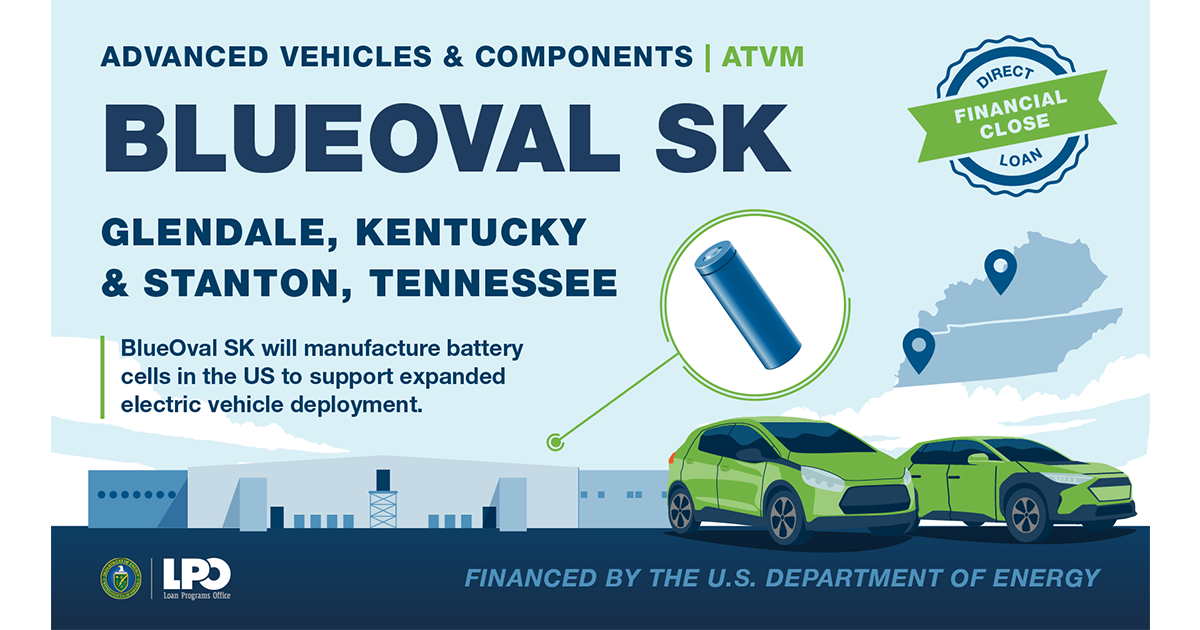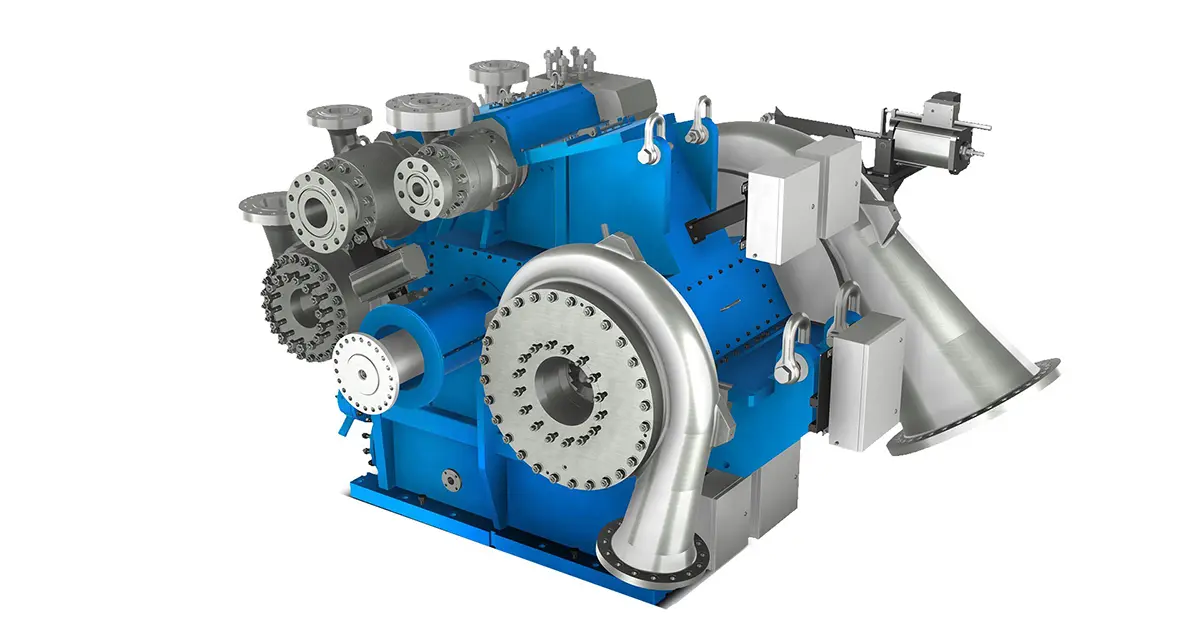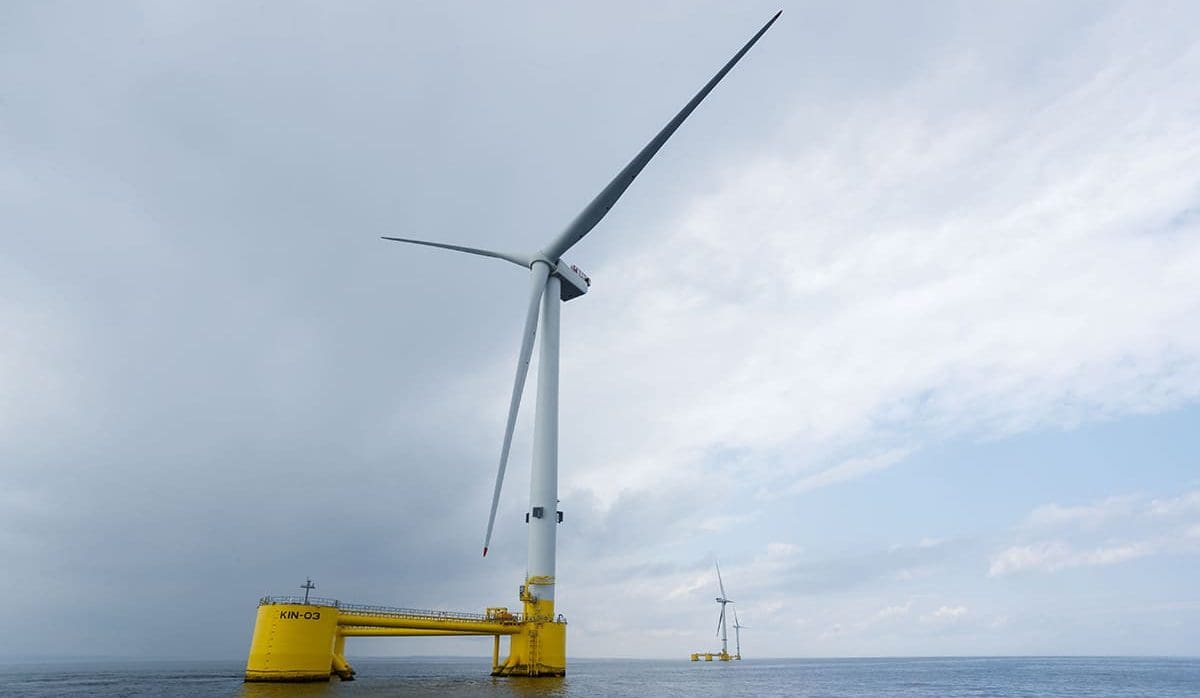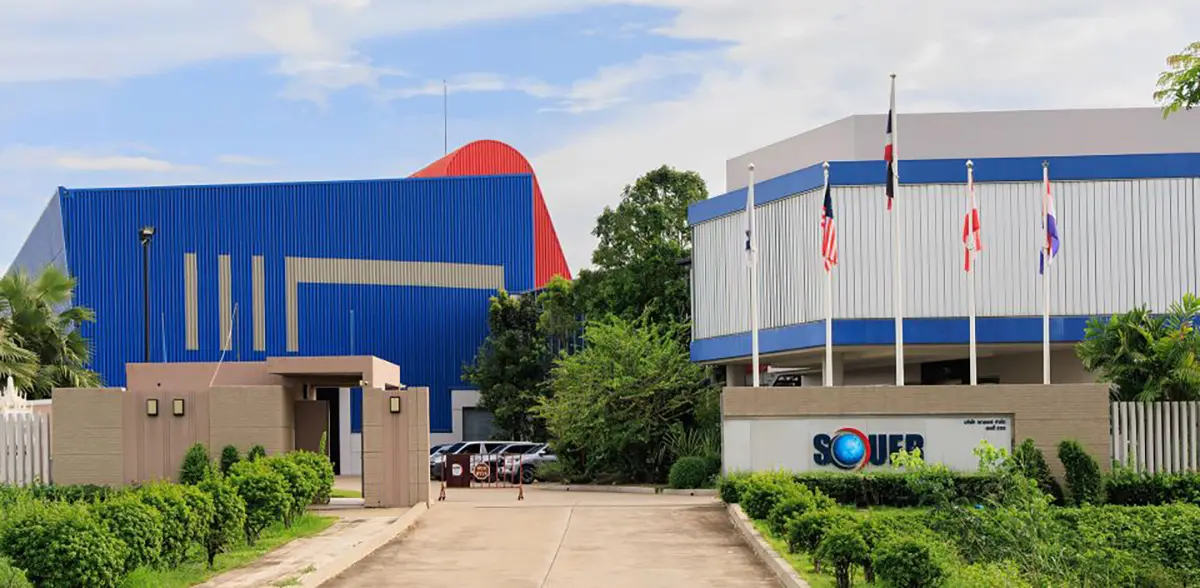
California Ridesharing Must Use Zero-Emission Vehicles
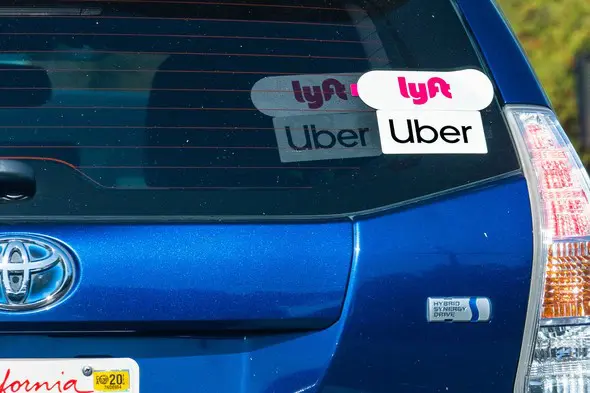
The California Air Resources Board (CARB) has adopted a regulation requiring that rideshare companies begin electrification of their California fleets starting in 2023. The Clean Miles Standard requires that rideshare companies operating in California meet annual greenhouse gas (GHG) and electrification targets, which will align ridesharing companies with other corporate fleet requirements. By 2030, the regulation would require that rideshare companies achieve a level of zero GHG emissions and to ensure 90% of their vehicle miles are fully electric.
“This move is yet another piece of the comprehensive program California has developed to protect public health from harmful emissions,” said CARB Chair Liane M. Randolph. “The transportation sector is responsible for nearly half of California’s GHG emissions, the vast majority of which come from light-duty vehicles. This action will help provide certainty to the state’s climate efforts and improve air quality in our most disadvantaged communities.”
The GHG target can be met in several ways, including by increasing electric miles beyond the 90% electric miles target, reducing deadhead miles (miles driven without a passenger), or increasing the number of passengers per trip (pooling). Rideshare companies can also earn optional GHG credits by investing in sidewalk and bike lane infrastructure that supports active transportation and connecting to transit through integrated trip booking apps.
According to CARB, the transportation sector accounts for almost 50% of GHG emissions in California and is responsible for the majority of the state’s air pollution. Though rideshare vehicles are a relatively small portion of California’s vehicle fleet, they often travel many miles beyond the average of other vehicles, so electrifying them can provide significant environmental benefits.
The Clean Miles Standard aligns with Governor Newsom’s Executive Order ending sales of internal combustion passenger vehicles by 2035. The Clean Miles Standard and Incentive Program requires CARB and the California Public Utilities Commission to develop and implement new requirements for rideshare companies to quickly curb their GHG emissions as new mobility options rapidly become available.
The Clean Miles Standard also aligns with the Advanced Clean Cars II program now under development to set more stringent vehicle emissions reduction and electrification requirements for new passenger vehicles after 2025.
Food and goods delivery services are not included in the Clean Miles Standard. Small ridesharing companies with less than five million statewide annual vehicle miles traveled are exempt from compliance with GHG and electrification targets, but not exempt from data reporting requirements.

